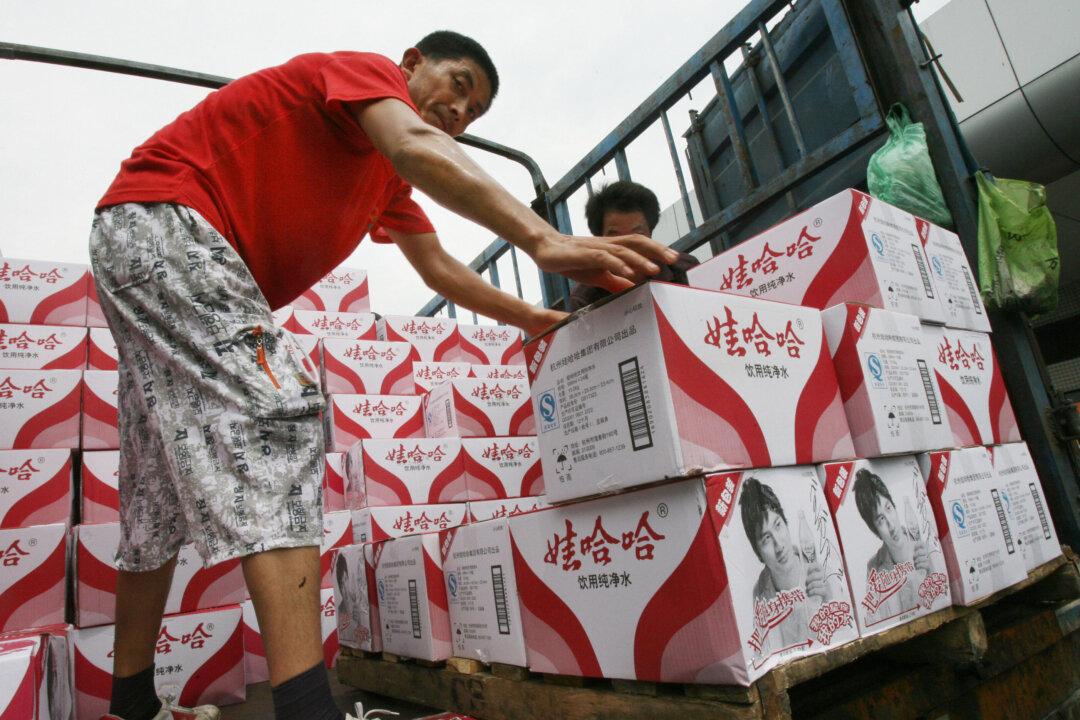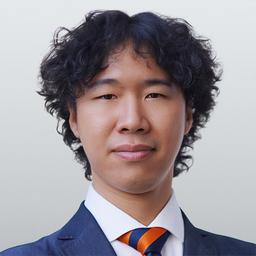China’s wealthiest man is battling a storm of criticism that has swept social media and spawned a boycott of one of the country’s popular bottled water brands in recent weeks.
Zhong Shanshan, chairman of bottled water giant Nongfu Spring, was hit with a wave of insults from nationalist supporters of Nongfu’s competitor, the Wahaha Group, after its founder passed away on Feb. 25.






